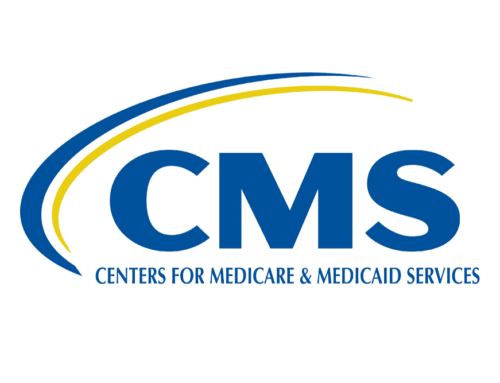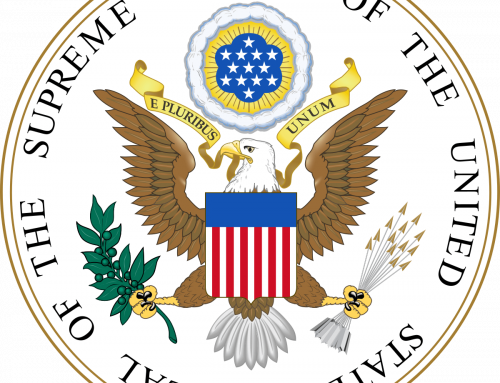CENTER UPDATE | FEBRUARY 2024
In this Issue:
- 2024 V-BID Summit – Register Now!
- House Panel OKs Bipartisan Preventive Health Measures Analysis
- Insulin As Preventive Care: Why Not Eliminate Cost-Sharing?
- Why Are Patients Getting Billed for a ‘Free’ Checkup?
- Braidwood v. Becerra Virtual Policy Briefing
- HELP Committee Hearing Addresses Prescription Drug Costs
- Expanding the Catalog of Patient and Caregiver Out-of-Pocket Costs
- Prescription Drug Costs are a Top Concern for Americans
- White Medicare Beneficiaries have 7-8x More Savings
- States Target Health Insurers’ Prior Authorization Red Tape
- Deprescribing to Reduce Medication Harms in Older Adults
- Nudging Doctors to Reduce Overuse
- HDHP Enrollment Sees 2% Drop
- People with Medical Debt Experience Other Forms of Financial Stress
- Most Americans Don’t Know How Much Their Health Care Costs
- California Agency Aims to Cap Health Care Costs


Complimentary registration is open for the 2024 virtual V-BID Summit: Overcoming Financial Toxicity on Wednesday, March 13, from 12pm to 4pm ET.
We look forward to you joining us!

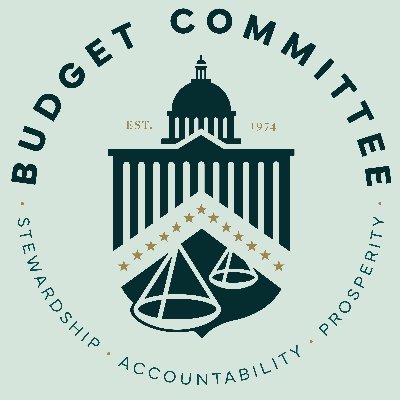
House Panel OKs Bipartisan Preventive Health Measures Analysis
The House Budget Committee unanimously approved the bipartisan Burgess-DeGette bill, renamed the Dr. Michael C. Burgess Preventive Health Savings Act (H.R. 766). This legislation enables Congressional Budget Office analysis of preventive health proposals over a longer term, aiming to enhance understanding of their impact on federal spending. The bill showcases rare bipartisan cooperation in Congress, emphasizing the importance of preventive health measures.
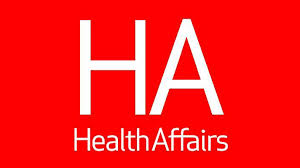
Insulin As Preventive Care: Why Not Eliminate Patient Cost-Sharing?
A Health Affairs Forefront highlights significant reductions in insulin prices, initiated by major manufacturers such as Eli Lilly, Novo Nordisk, and Sanofi, raising questions about the necessity of out-of-pocket expenses for insulin-dependent individuals. These price cuts, including a cap on patient costs at $35 per month, mirror recent legislative actions and highlight bipartisan efforts to address the high cost of insulin.
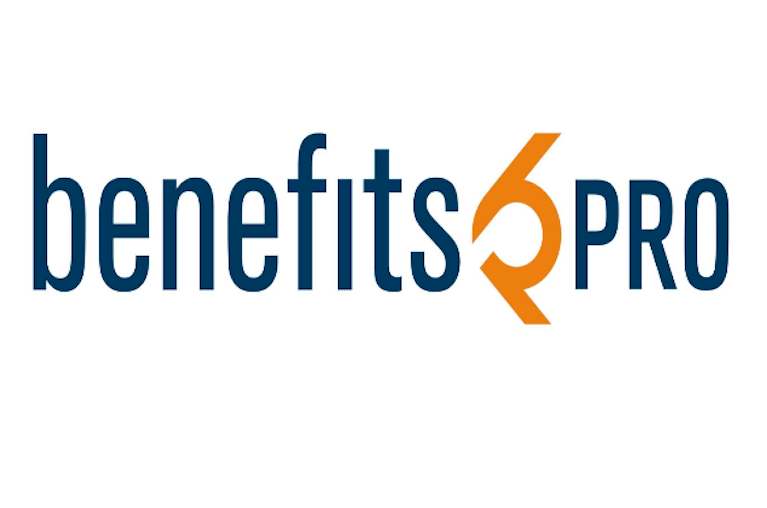
Why Are Patients Getting Billed for a 'Free' Checkup?
Patients are unexpectedly billed for preventive care, despite the ACA’s promise of free screening tools. Gray areas in the law lead to confusion over what constitutes preventive care and what can be billed separately, resulting in patients receiving unexpected bills. Despite federal regulations, loopholes persist, allowing medical providers to exploit complex billing language. Patients face financial burdens and potential deterrence from seeking essential preventive screenings due to these billing practices, highlighting the need for clearer guidelines and enforcement mechanisms.

Virtual Policy Briefing: Expert Perspectives on Braidwood v. Becerra
A special briefing on court case Braidwood Management Inc. v. Becerra will be held on Thursday, February 22, 2024 at 2 PM EST. A diverse panel of experts will share perspectives on this issue, the case, and its implications. The Smarter Health Care Coalition’s goal is to leverage these insights to navigate the ongoing case developments and their impact on our mission to make healthcare smarter. Register here!

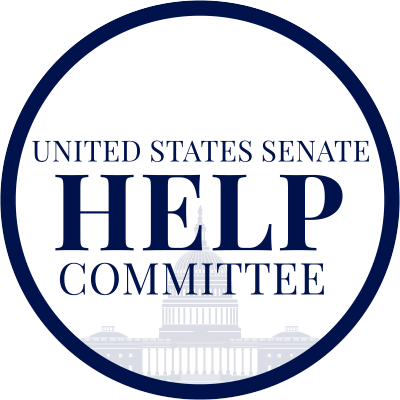
HELP Committee Hearing Addresses Prescription Drug Costs
The Senate HELP Committee held a hearing last Thursday during which Senator Tim Kaine cited a 2020 Health Affairs study led by the V-BID Center: “I’d like to put it in the record the contributions of public health pharmaceuticals and other medical care to U.S. life expectancy changes from 1990 to 2015. The article looked at the fact that between 1990 and 2015, life expectancy in the U.S. increased by 3.3 years.”
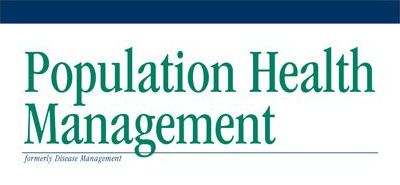
Expanding the Catalog of Patient and Caregiver Out-of-Pocket Costs
A systematic literature review revealed a complex landscape of out-of-pocket (OOP) health care costs for patients and unpaid caregivers in the U.S., often underestimated and multifaceted. Across 817 articles, 31 subcategories of OOP costs were identified, spanning direct medical, direct nonmedical, and indirect spending. The study underscores the need for a more comprehensive understanding of OOP costs to inform future policies and interventions addressing financial barriers in healthcare.
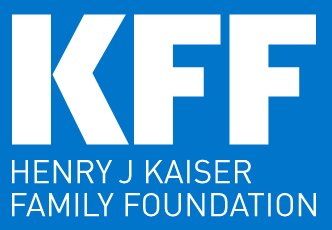
Prescription Drug Costs are a Top Concern for the American Public
Prescription drug costs are a top concern in the U.S., with prices often higher than in other countries. Most Americans view drug prices as unreasonable, despite acknowledging the benefits of new drugs. Brand-name drug prices are notably higher in the U.S., and although Medicare is now negotiating prices, challenges from drug manufacturers could impact future savings.

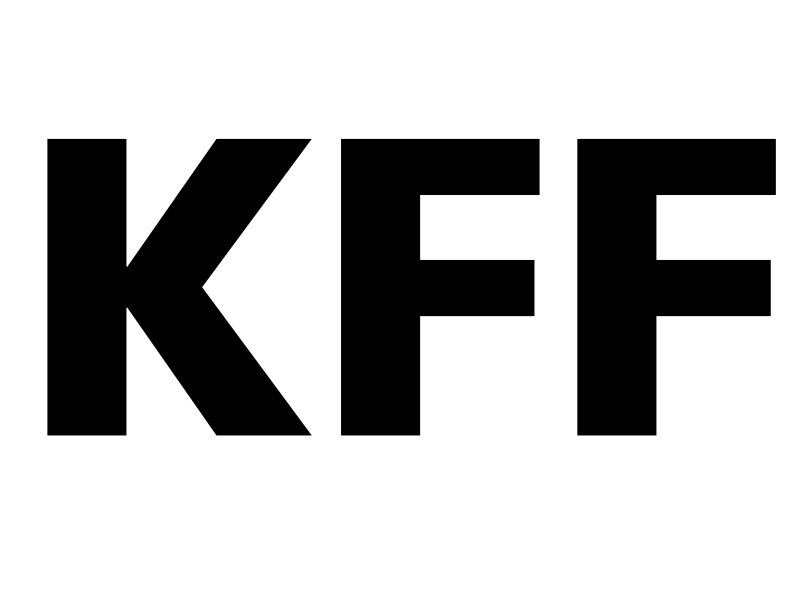
White Medicare Beneficiaries Have 7-8x More Savings Than Non-White Beneficiaries
The financial challenges faced by Medicare beneficiaries, including high healthcare spending and limited income, savings, and home equity, are highlighted in a recent KFF analysis. Despite the overall satisfaction with Medicare, more than a third of beneficiaries have delayed or foregone healthcare services due to cost concerns. Disparities in income, savings, and home equity exist across age, race/ethnicity, and gender, with Black and Hispanic beneficiaries particularly vulnerable. Policymakers are considering measures to alleviate the financial burden, such as capping out-of-pocket spending on prescription drugs and expanding eligibility for assistance programs, but significant gaps in coverage persist, especially for long-term services and supports.

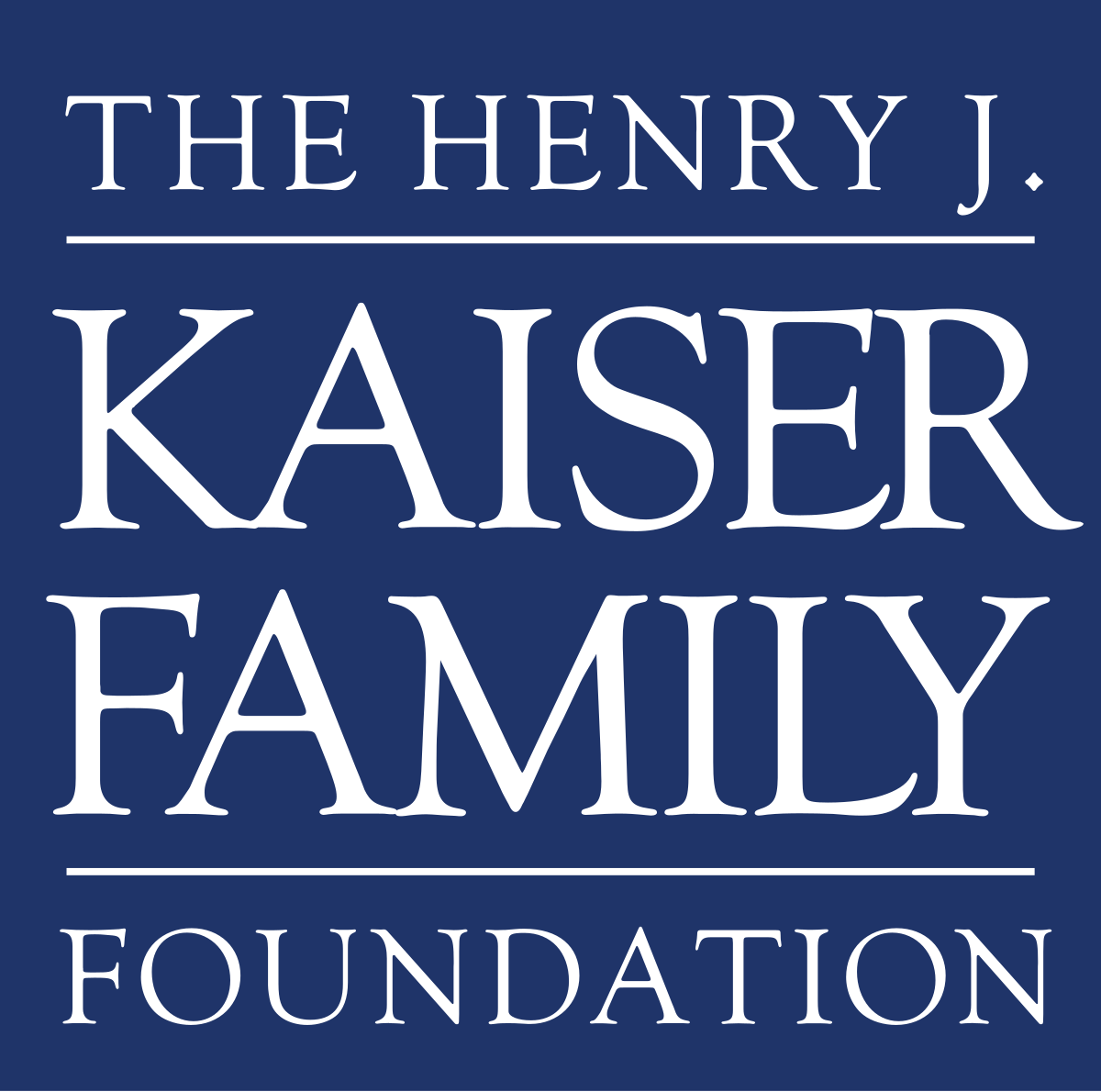
States Target Health Insurers' Prior Authorization Red Tape
KFF Health News reported several state legislatures are considering new restrictions on how insurers use prior authorization requirements that make it more difficult for patients to get the treatments their doctors say they need. According to a Health Affairs Forefront on the topic, this application of prior authorization can reduce low-value care.

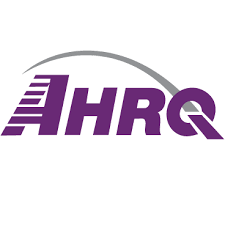
Deprescribing to Reduce Medication Harms in Older Adults
A new report from AHRQ shows that deprescribing interventions among older adults generally reduce the number of medications or potentially inappropriate medication use, although clinical outcomes vary. They found that drug withdrawal events are rare, and facilitators for successful implementation include patient-clinician agreement, standardized processes, motivation to reduce medication use, and interprofessional team involvement.

Nudging Doctors to Reduce Overuse
A recent study shows that Choosing Wisely interventions significantly reduce low-value care among older adults with diabetes or insomnia/anxiety, or who were eligible for prostate cancer screening. In particular, results showed an 85% de-intensification of diabetes medications. Authors proposed the 4E Model for reducing overuse:
- Educate clinicians
- Embed reminders
- Empower interprofessionals
- Enforce stewardship


HDHP Enrollment Sees 2% Drop
A recent report shows a decrease in high-deductible health plan (HDHP) enrollment in 2022, the first decline since 2013, with 32 states experiencing drops in HDHP enrollment. Employers offering a wider range of health plans may be contributing to this shift. While HDHPs offer lower premiums, concerns over higher deductibles and out-of-pocket expenses are prompting some to reconsider their health care choices.


People with Medical Debt are Much ore Likely to Experience Other Forms of Financial Stress
Research indicates that those with medical debt are more likely to experience financial vulnerability across various indicators, such as overspending, lack of savings, and reliance on costly financial services. Moreover, medical debt is associated with delays or avoidance of necessary medical care, particularly among younger and lower-income individuals. These findings underscore the need for comprehensive policies to address the financial burdens imposed by medical expenses on households nationwide.

Most Americans Don't Know How Much Their Health Care Costs
A recent report highlights a widespread lack of transparency in healthcare costs, with fewer than 20% of adults knowing the cost of their healthcare services upfront. Only 3 in 10 believe the quality of care and services they receive reflect their costs. The findings, consistent across demographic groups, underscore growing concerns about healthcare affordability amid record-high spending and a significant percentage of adults delaying medical care due to costs.
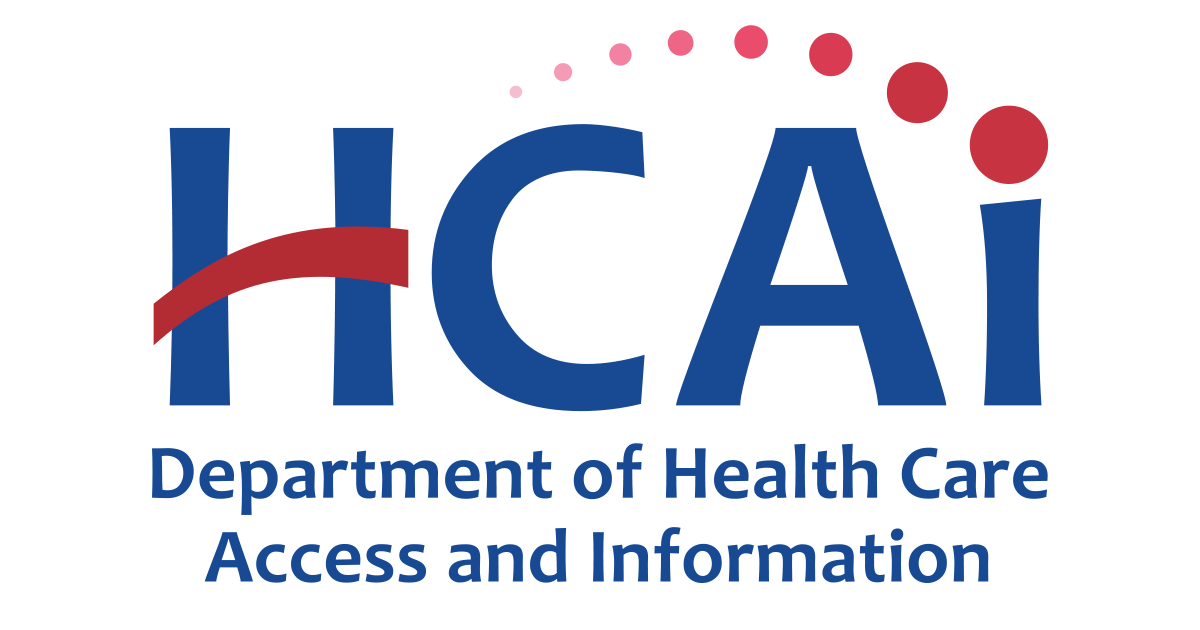
California Agency Aims to Cap Health Care Costs
California’s new Office of Health Care Affordability aims to cap annual health care cost increases at 3%, potentially making it one of the most aggressive initiatives in the nation. While some praise the move as a step toward a more affordable and equitable system, industry representatives criticize it as unrealistic and potentially harmful to patient access and care quality. If implemented, the proposed target, which aligns with historical median household income growth, could have significant implications for health care spending in the state.
Please Help Support the V-BID Center
As a non-profit entity, the V-BID Center relies on fundraising to support our research, education, and policy efforts. Please help us continue our work by donating here. We truly appreciate your consideration.



